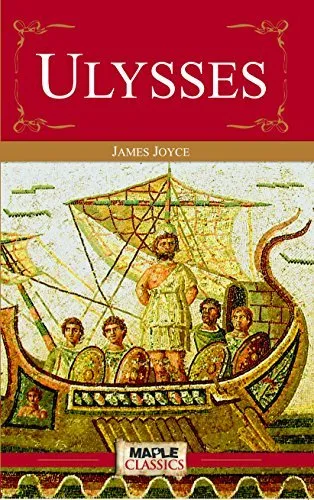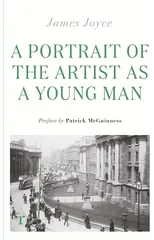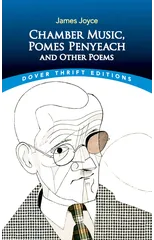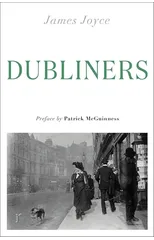?Let my country die for me.? A modern retelling of Homer's Odyssey, James Joyce's Ulysses is touted as one of the greatest novels of the twentieth century. In a series of events that take place on a single day, 16 June 1904, the novel chronicles the movements of Leopold Bloom, Mary Bloom and Stephen Dedalus, as they act as the contemporary counterparts of Telemachus, Odysseus and Penelope from the epic poem. Holding a mirror to modernist concerns, Joyce draws up a convincing picture of the similarities and the stark differences between his novel and the epic. Highly evocative, Ulysses has had a deep impact on literature and grips readers with its characterization and sardonic humour.
James Joyce
James Joyce was an Irish writer known for his innovative and complex writing style. His most notable works include "Dubliners," "A Portrait of the Artist as a Young Man," "Ulysses," and "Finnegans Wake." Joyce's stream-of-consciousness technique and use of interior monologue revolutionized modernist literature. His works often explore themes of alienation, identity, and the search for meaning in a rapidly changing world. "Ulysses," considered his masterpiece, is a groundbreaking novel that follows the events of a single day in Dublin, paralleling Homer's epic poem "The Odyssey." Joyce's unique narrative techniques and experimental prose have had a profound influence on the development of the modern novel.




